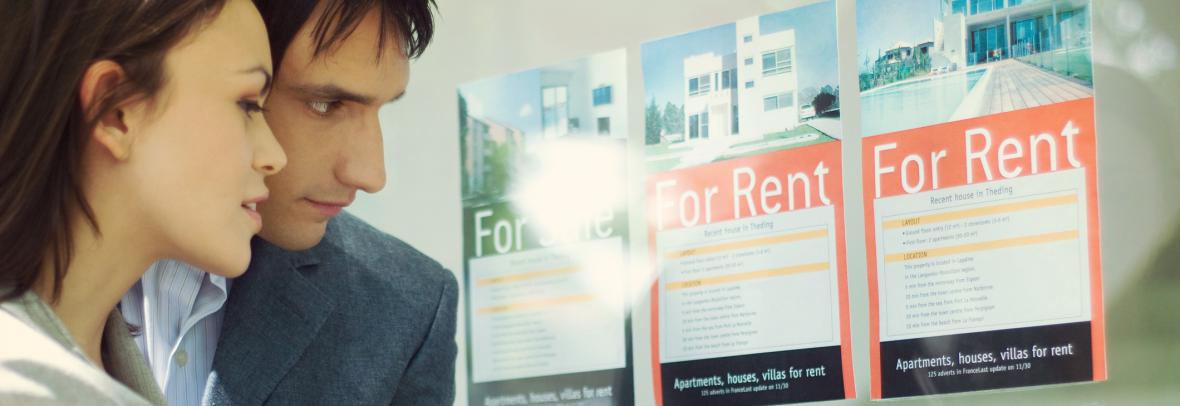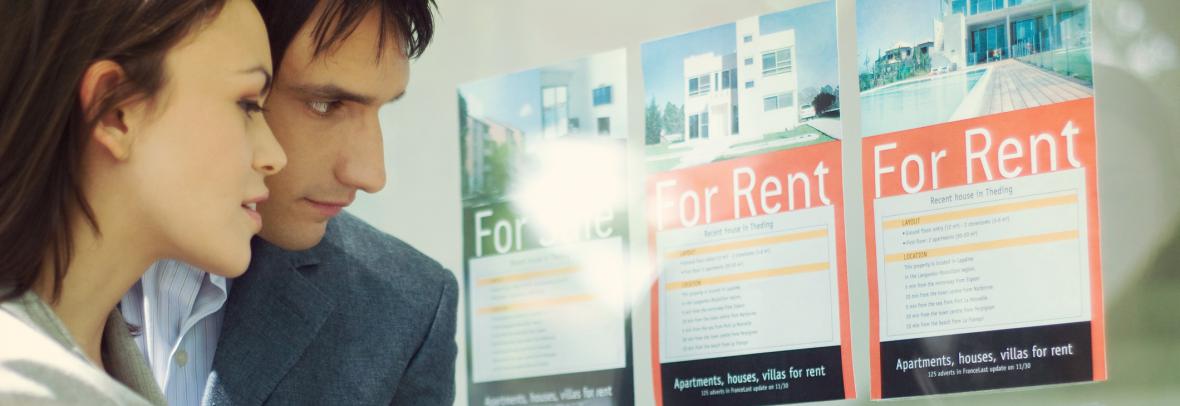
In Fla., though, rents outpaced the national average. Jacksonville saw the highest year-to-year change with a 7.5% increase, and a low of 3.5% in Miami and Tampa.
SEATTLE – The median U.S. asking rent rose 2.4% year-over-year to $1,942 in January – the smallest increase since May 2021, and the lowest level in nearly a year, according to a report from Redfin. It’s roughly one-sixth the pace of January 2022, when rents were up 15.6% from one year earlier.
January marked the eighth straight month in which annual rent growth slowed. Rents fell 1.9% from a month earlier and were down 5.4% from the August peak of $2,053.
In Florida, rent increases continued to outpace the national average. Of the four cities included in Redfin’s report, Jacksonville saw the biggest year-to-year rent increase at 7.5%.
Florida metro’s year-to-year rent increases
- Jacksonville: $1,653 median asking rent is up 7.5%
- Miami: $3,094 median asking rent up 3.5%
- Orlando: $2,109 median asking rent up 3.9%
- Tampa: $2,197 median asking rent up 3.5%
- Nationally: $1,942 median asking rent up 2.4%
Rent growth is cooling because of slowing demand and growing supply.
Demand has slowed because fewer people can afford to rent and must consider other options due to inflation, economic uncertainty and slowing household formation. Rental supply grew due to an increase in construction, as well as an increase in the number of people opting to rent out their homes rather than sell.
“We’re watching closely to see whether rents start falling year over year. That would be a welcome relief for renters because it hasn’t happened since the onset of the pandemic,” says Redfin Chief Economist Daryl Fairweather. “If rents do start falling on a year-over-year basis, it will mean that renters have more room to negotiate. It may also prompt more landlords to sell their properties because they’re no longer getting a good return on their investment.”
The nationwide rental vacancy rate stopped falling at the end of 2022 and is expected to grow in the coming months as more rentals hit the market.
Rent increases were a significant driver of last year’s high inflation, and now, slowing rent growth is expected to help cool inflation numbers over the coming months.
Highest U.S. metro-area rent drops
- Phoenix, down 6.7%
- Oklahoma City, down 6.3%
- New Orleans, down 5.2%
- Minneapolis, down 5.1%
- Houston, down 4.9%
- Baltimore, down 4.6%
- Birmingham, down 3.4%
- Chicago, down 3.0%
- Virginia Beach, down 1.8%
- Seattle, down 1.0%
- Austin, down 0.4%
Highest U.S. metro-area rent increases
- Raleigh, up 22.5%
- Cleveland, up 17.5%
- Indianapolis, up 14.9%
- Charlotte, up14.2%
- Nashville, up 9.8%
- Kansas City, up 8.8%
- Louisville, up 8.2%
- Milwaukee, up 7.7%
- Jacksonville, up 7.5%
- Providence, up 7.3%
Go to Source
Author: kerrys



